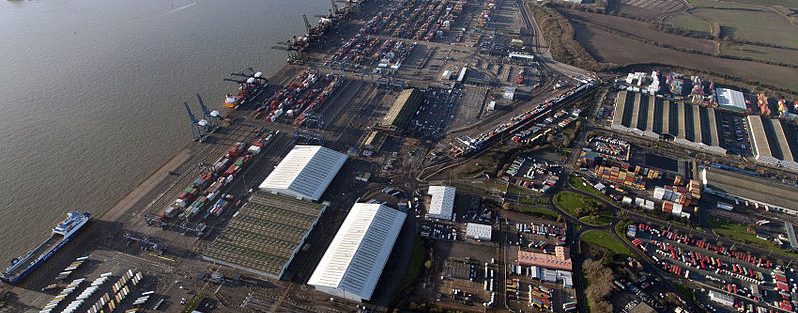Fat cat Tuesday injustice
By the end of today (January 5) the UK’s top bosses will have earned more money than the average worker will do in a year, claims campaign group the High Pay Centre.
The group has named today Fat Cat Tuesday, and has based this on FTSE 100 chief executives earning £5m a year, compared with the median UK salary of £27,645. The High Pay Centre’s aim it says is to highlight the “unfair pay gap”.
The High Pay Centre’s estimates are based on chief executives working 12-hour days and taking few holidays, giving them an average hourly pay of ÂŁ1,260 an hour.
At this rate, bosses need only work 22 hours – taking them to Tuesday afternoon, assuming they started work on January 4 – to reach the median full-time employee salary.
FTSE 100 chief executives were paid an average £4.96m a year in 2014 – and the report found that even if they are assumed to work long hours with few holidays, this is equivalent to over £1,200 an hour.
The typical value of a FTSE 100 chief executive incentive award increased by nearly 50 per cent of salary since the previous year, while the annual pay of the average UK worker increased by just ÂŁ445, from ÂŁ27,200 to ÂŁ27,645 in 2015, said the think tank.
In fact, according to Unite research, the High Pay Centre has used the mean for all employees – giving an amount which is distorted by the highest paid and gives a figure that makes people seem better off than they are.
Across all employees the median is £22,487 and for all women it is just £17,465 – making this inequality even greater.
Excessive packages
Importantly though Stefan Stern, High Pay Centre director said its figures raised doubts about the effectiveness of government efforts to curb top pay by giving shareholders the power to veto excessive packages.
“Fat Cat Tuesday again highlights the continuing problem of the unfair pay gap in the UK,” he said.
“We are not all in this together, it seems. Over-payment at the top is fuelling distrust of business, at a time when business needs to demonstrate that it is part of the solution to harsh times and squeezed incomes, and is promoting a recovery in which all employees can benefit.”
Frances O’Grady, TUC general secretary called for an end to the inequality. She said, “Every worker deserves a fair share of the wealth they help create. But the average weekly wage is still worth ÂŁ40 a week less than before the financial crisis.”
Spotlight
High executive pay has been in the spotlight since the financial crisis. Since 2013, UK-listed companies have had to publish a single figure detailing their top executive’s salary, as well as being required to give shareholders a binding vote on directors’ pay.
Since 2000, executive pay of FTSE 300 directors has increased at a much greater rate than increases in profits.
Unite believes directors’ pay of the top companies is out of proportion to their performance, with directors’ pay having increased by 233 per cent, with their pre-tax profits increasing by 95 per cent.
Â
It would appear that a global market place does not exist for CEOs. A study in 2011 found that UK CEOs were the second-highest paid out of 10 advanced economies, behind only the United States. Â So any reduction in pay would only bring them down to the level of their international equivalents.
The High Pay Centre is calling for further measures to be taken, such as representation for workers on company remuneration committees that set executive pay, as well as publication of the pay gap between the highest and median earner within a firm.
It’s a point Unite assistant general secretary Gail Cartmail agrees with. Earlier today she told Sky News she thought this huge pay inequality was, “a real crisis affecting the health of our economy.
“It’s quite clear that workplaces with a strong trade union voice have better pay and better conditions. If the government seriously wants to address this issue of great pay inequality then it needs to help trade unions have a greater voice in every workplace across our country.”
 Like
Like Follow
Follow


